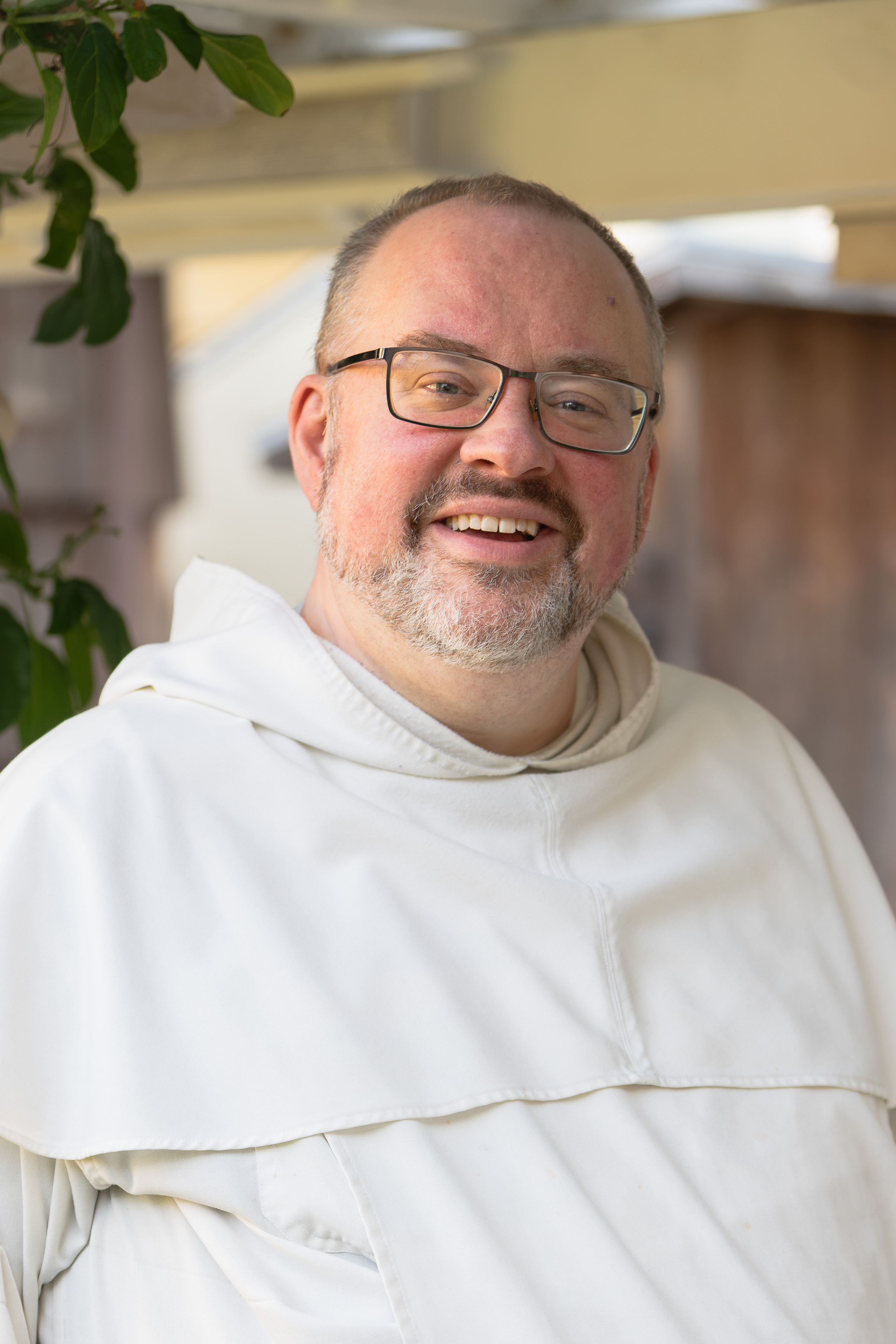
Justin Gable, OP
Courses Taught
- Philosophical Ethics (PH-1009)
- The History of Medieval Philosophy (PH-1051)
- God After the Death of God (PHST-4812)
- The Phenomenology of the Other (PH-4445)
- The Phenomenology of Embodiment (PH-4500)
- Theological Phenomenology (PHST-4370)
- Levinas (PHST-4112)
- Philosophical Hermeneutics (PHST-4400)
- The Masters of Suspicion (PH-4380)
- St. Thomas on the Cardinal Virtues (PHCE-4825)
- Aquinas’s Commentary on Aristotle’s Metaphysics (SRC-9999)
- Aquinas’s Disputed Questions on Evil (SRC-9999)
- Twentieth-Century Thomism (PH-4011)
- Biomedical Ethics (PHCE-4011)
Recent Publications
- “God Without Metaphysics: Some Thomistic Reflections on Heidegger’s Onto-Theological Critique and the Future of Natural Theology,” in the American Catholic Philosophical Quarterly 95, no. 3 (Summer 2021): 527-48.
- “Revisionism or Within the Roman Catholic Ethical Tradition? Pope John Paul II on Assisted Nutrition and Hydration.” In Engaging the Times: The Witness of Thomism, ed. Joshua Schulz (Washington, D.C.: Catholic University of America Press, 2017).
- “Direct Service Between Athens and Jerusalem: On the Purpose and Organizing Principles of the Dominican Colloquia in Berkeley (with Bryan Kromholtz, O.P.), in Nova et Vetera 14, no. 2 (2016): 403-7.
From the Professor
It is wonderful to see students analyzing texts, engaging in dialogue, making their own arguments, and reaching those moments of insight when what they have been reading and discussing begins to come together and make sense for them. It is a joy to witness students delighting in their studies and the contemplation of the truth.
For me St. Thomas Aquinas is a model for how to go about the task of thinking and philosophizing: he always gives his interlocutors’ arguments and explanations ample, serious consideration, and even when these are seriously flawed, he allows whatever truth is present in their accounts to influence his own treatment of a question. His own account incorporates and responds to their genuine insights.
I also greatly admire the work of Edmund Husserl, the founder of phenomenology. His detailed description of the structure of human experience answers a multiplicity of modern epistemological, ontological, and moral problems in a way that retrieves ancient and medieval philosophical insights. But perhaps what I appreciate about Husserl most is his willingness to constantly re-examine his own work, continuously revising and deepening his own position. He referred to himself as a “perpetual beginner”—a phrase which embodies the diligence and humility needed to consistently strive after the most important truths.
I hope that my teaching will assist my students in developing that habit of mind we might call “critical thinking,” a facility for analyzing and thoughtfully engaging issues. But most of all, I would hope that my students leave their time at the Dominican School of Philosophy and Theology having fallen even more in love with the truth of things and the beauty of reality as a reflection of our loving Creator, having developed a passion for study as their permanent way of life.
I am a member of The American Maritain Association (Vice President from 2012-2016), The American Catholic Philosophical Association, The American Philosophical Association and The Society for Phenomenology and Existential Philosophy.
